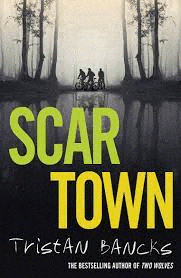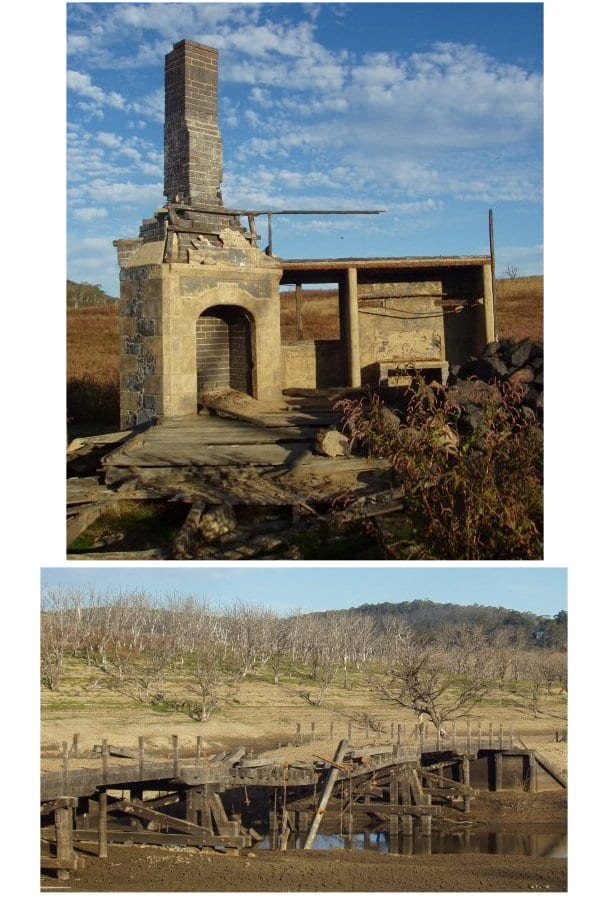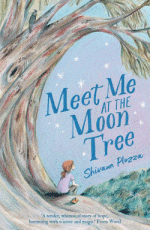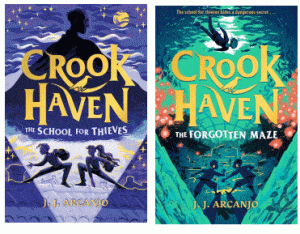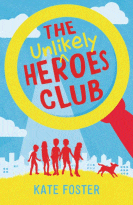
The Unlikely Heroes Club
The Unlikely Heroes Club
Kate Foster
Walker Books, 2023
208pp., pbk., RRP $A16.99
9781760655969
Eleven-year-old Oli is spending his school holidays at Heroes Club, a special gathering for autistic children so they can learn how to recognise and manage their emotions, and thus, make and maintain friendships. But on the way there a small brown dog is almost run over by the traffic and, as it freezes in shock, it catches Oli’s eye as if pleading for him to hop out of the car and rescue it. But Oli is a rule-abider and even though he has all sorts of worries about the upcoming class, he stays in the car. Supported by his mum and his big sister Cathy, whom he adores, Oli makes it to his new class and over the course of the week begins to make friends. Gradually, he overcomes his worries and fears, but the thought of the dog haunts him, and when he not only spots it in an abandoned building from the classroom window but also learns the other children in the group have also seen it, he begins to hatch a plan to rescue it, especially when it seems the adults won’t listen to him.
However, it is an audacious plan that requires the other kids to help and he is concerned that they will change their minds while he doubts his own ability to be there when he is needed…
Author Kate Foster says she is “passionate about encouraging and teaching a wider understanding of autism and mental illness via positive approach and representation” and she has certainly achieved this in her books so far – Paws, Harriet Hound, CBCA Notable The Bravest Word, and now this one. By having the lead character as autistic and telling the story in the first person, the reader gets an inside look at the lives of these children in a way that neither observation or textbook can offer. Through that knowledge comes understanding and acceptance so that everyone’s life is richer. And in this book, with five of the children and Marge on the spectrum we learn a little about the range of ways that it manifests itself so that each child is different as opposed to a physical disease that has predictable signs and symptoms and solutions. Just as with “normal” kids, each is a unique individual deserving dignity, understanding and respect.
In my native New Zealand, the Maori word for autism is takiwatanga which means “in my own time and space” and The Unlikely Heroes Club is the most poignant story of how children can come together for the greater good even if they are in their own time and space.
In my opinion, if it has Kate Foster’s name on the cover, then it should be in your collection.
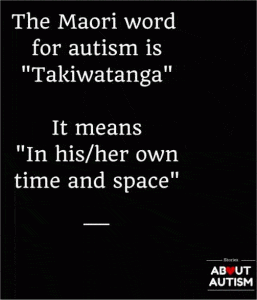
Takiwatanga

Lauren Myracle
